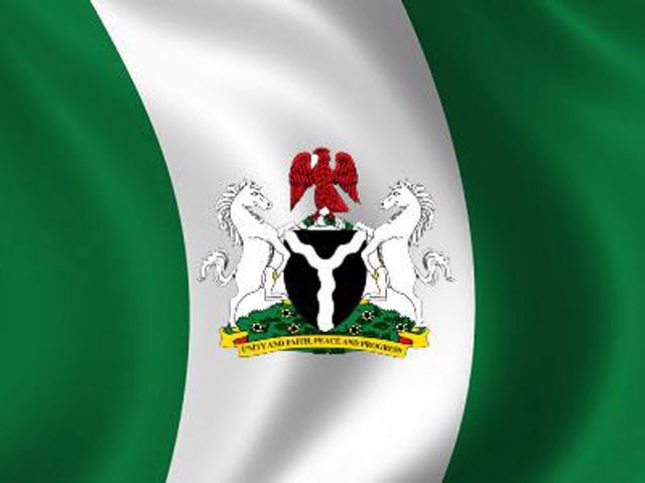It was Prof. Tanimu Abubakar, I believe, of the Political Science department and Aminu Yusuf, a postgraduate student at Ahmadu Bello University, the one a stalwarth of the ABU branch of the Academic Staff Union of Universities and the other of the campus student movement at the time, who (if my memory serves me well), were fond of repeating this intriguing question whenever the moment came to drop the gown and bring some town — nay, village — perspective to our discussions of how to save Nigeria.
“The peasants are saying,” they would remind us, with just the slightest sense of bemusement, “when will this independence finish?” It was always meant as a reality check. Something to inspire us, radical lecturers and students, indeed all who laboured for the fundamental re-ordering of the awkward colonial bequest called Nigeria, towards an undying commitment to the sorely needed transformative change. It was a reminder that as intolerable as we thought our personal circumstances were in a rapidly decaying country, especially in the aftermath of General Babangida’s no-alternative-to-SAP (the IMF/World Bank’s Structural Adjustment Programme) economic terrorism, we were nonetheless kings and queens by comparison to the vast army of peasants, workers, the under-employed, the never-to-be-employed, the unemployable, the whole wretched lot of the Nigerian earth.
The question, in full, was this: When will this in-dependence, meant for the ruling class of rogues, daylight armed robbers, of heartless exploiters, end and the people’s independence begin? When shall we be truly free of vicious colonial dispossession, by European imperialists or by their local inheritors? As I pondered what to make of the 55th anniversary of our nominal independence, the thought, retrieved from two-and-half decades ago, stole into my mind. And it would not be dislodged; not even by comforting thoughts of the glimmer of light now flickering at the end of the long, dark tunnel of Nigeria since the change in government from the Peoples Democratic Party’s 16 years of political gangsterism. Why not, after an entire adult life of lamentations for a mother-land raped nearly to death by her own children, address your mind solely to the promise of a healing and rehabilitation project, the rudiments of which are slowly being hashed out against an implacable storm of mindless violence and looming anarchy? After all, how much pain can a heart take — how much longer can it defer the dream of happiness?
I couldn’t. Simply because the word independence evokes the best hopes of a nation-people as of an individual. It connotes freedom, self-determination, sovereignty, autonomy, liberty, and the pursuit of happiness once the constraints of the dependent state, the condition of bondage, have been removed. But no citizen who has not been a direct participant in the national orgy of looting while treating the country as a no-man’s land, a foreign booty-land or treasure island that exists solely to be pillaged, can associate any of the happy meanings of independence with his or her life experience. On the contrary, and very sadly, the experience of being a Nigerian has grown progressively worse to the point where Nigerians fail on every index of a good quality of life. The litany is too heart-breaking to bear rehashing, though we must: no pipe-borne water; no electricity (though the flicker has lately been lasting longer); no healthcare system worth the life of a dog, never mind of a human being; no schools that can beat back ignorance and impart useful learning; no roads that do not require prayer to complete a journey alive or without a broken limb; no factories to employ the jobless multitude who, when they tire of cursing their luck and their land, become ready recruits into the devil’s army of violence and mayhem; no corps of truly patriotic leaders who will put service to nation and the improvement of the lives of their fellow citizens above their insatiably greedy selves; no . . .
The Zaria peasants are right: the independence we celebrated — for those who could and did celebrate — six days ago, meaning a remembrance of the lowering of the British coloniser’s flag and the raising of the dull green-white-green to mark the transfer of irresponsible power from foreign conquerors to local conquistadors, must end now. It has to be everybody’s hope and prayer, irrespective of political persuasion, that President Buhari will, in the midst of the grunt work of clearing the rubble of the PDP and former President Jonathan’s perfect demolition work, deliver on his promise of change. That would mean that Nigeria will cease to be run as the personal farm or fiefdom of certified kleptocrats who steal from the country with such obsessive compulsion, while caring nothing about governance, nation-building and societal upliftment, that they ought to be permanently confined to a mental institution.
But it is going to be such bone-breaking work to make Nigeria work for all, the masses in particular, that I find myself almost pitying Buhari, wondering for how long he will keep that famously straight back of his upright. No one needs to tell him that if he finally assembles a team that inspires the nation to self-renewal and the attainment of its manifest destiny of leader of the black world, then he will have answered the prayer of the peasants for this independence, the sort he celebrated for the first time as a “born-again democrat,” to end and for our true independence to begin.
This article was originally published on Vanguard.

